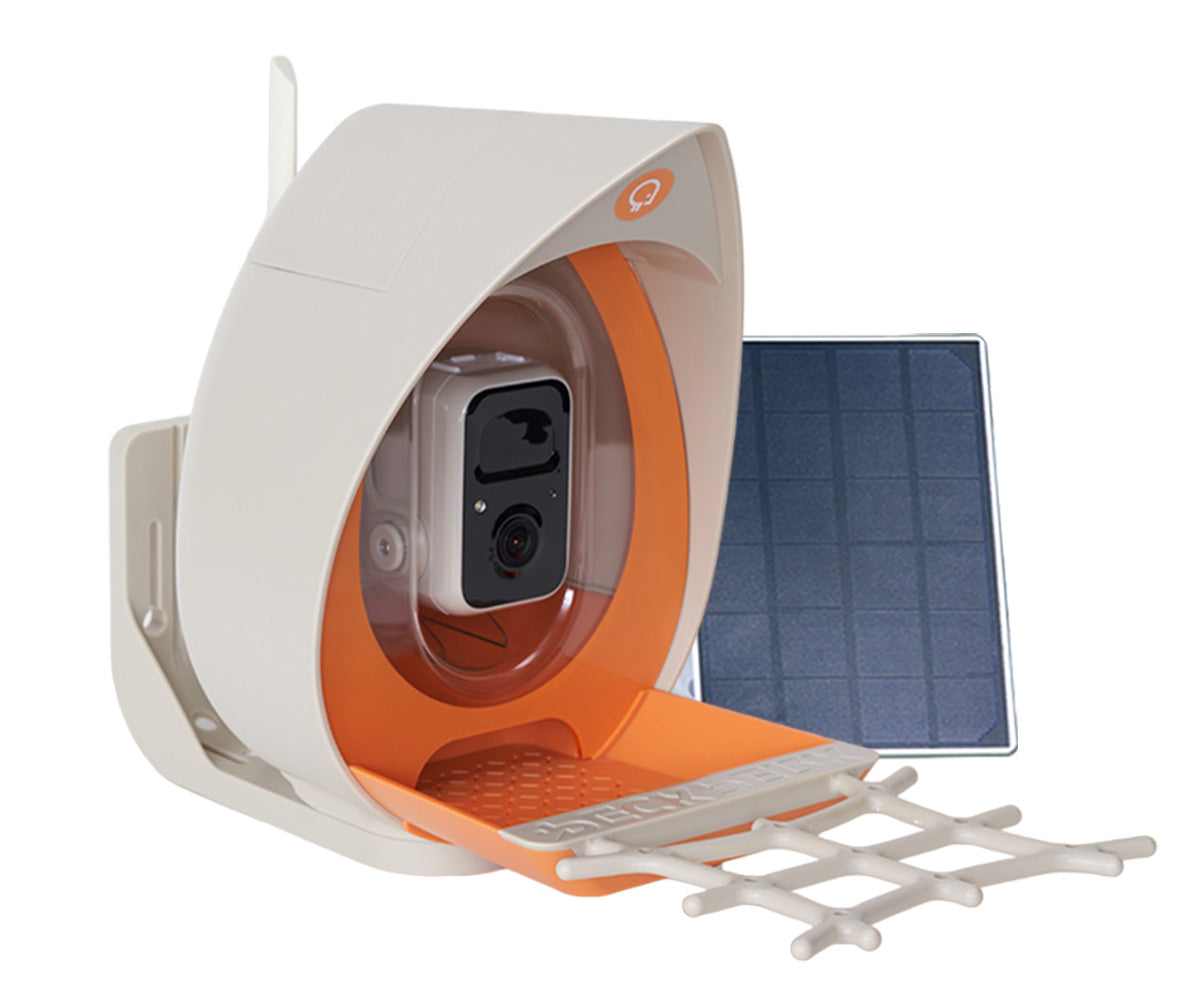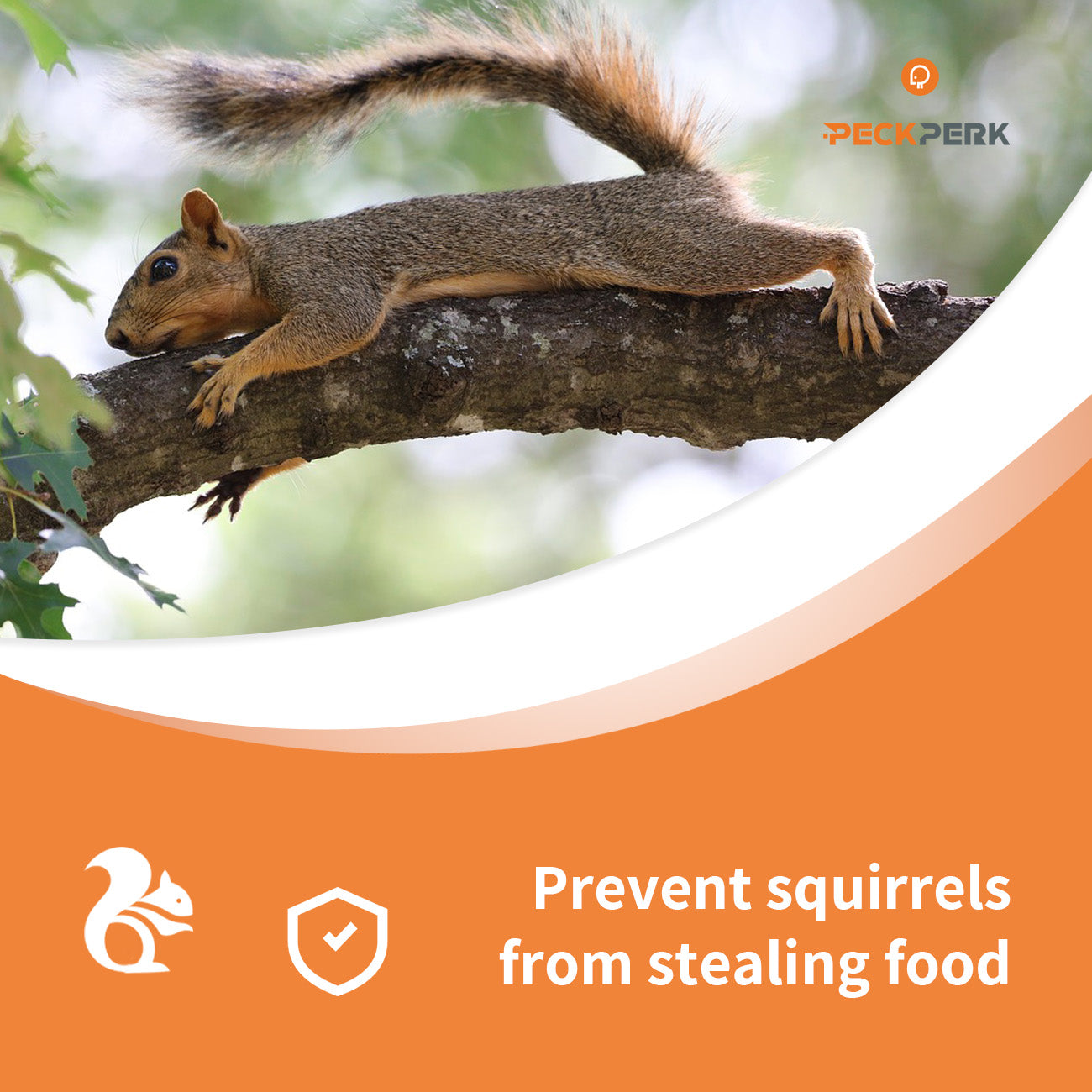Bird feeding is a popular hobby that brings joy to countless individuals and families. However, as environmental consciousness grows, it's crucial to adopt eco-friendly practices in bird feeding. This article explores how we can feed our feathered friends responsibly, ensuring that our actions benefit both the birds and the environment.
Understanding the Impact of Bird Feeding
Bird feeding, while seemingly benign, can have profound impacts on local ecosystems. Overfeeding can lead to unnatural population growth in certain bird species, potentially disrupting local biodiversity. Moreover, the use of non-native food sources can affect the health and feeding behaviors of birds. It's essential to understand these impacts to make informed decisions about bird feeding.
Choosing the Right Feed
Selecting the right type of bird feed is crucial. Opt for natural, organic seeds that are native to your area. This ensures that the birds receive nutrition that's close to their natural diet. Avoid artificially colored or flavored feeds, as these can be harmful to birds. It's also beneficial to vary the type of feed throughout the year, catering to the changing nutritional needs of birds across seasons.
Eco-Friendly Feeders
When choosing a bird feeder, consider environmentally friendly options. Feeders made from recycled materials or sustainable sources minimize environmental impact. Additionally, smart bird feeders, which regulate the amount of feed dispensed and minimize waste, can be a great eco-friendly choice. These feeders also often come with features like seed monitoring and wildlife observation technology, adding an educational element to bird feeding.
Maintaining Cleanliness
Hygiene is paramount in bird feeding. Regularly cleaning bird feeders prevents the spread of disease among bird populations. Use eco-friendly cleaning agents and ensure that waste seeds and hulls are disposed of properly, reducing the risk of attracting rodents or other unwanted animals.
Supporting Local Habitat
Bird feeding should be part of a broader effort to support local bird habitats. Planting native plants and creating bird-friendly gardens can provide natural food sources and safe nesting spaces. This approach encourages a more sustainable interaction with local bird populations.
Educating the Community
Education plays a vital role in eco-friendly bird feeding. Sharing knowledge about responsible practices with your community can have a ripple effect, leading to more environmentally conscious bird feeding practices across the board.
Conclusion
Eco-friendly bird feeding is about finding a balance between our love for bird watching and our responsibility to the environment. By choosing the right feed, using eco-friendly feeders, maintaining cleanliness, supporting local habitats, and educating others, we can ensure that our hobby contributes positively to the well-being of our feathered friends and the planet. As bird enthusiasts, it's our duty to lead by example, showing that it's possible to enjoy nature while preserving it for future generations.




Leave a comment
All comments are moderated before being published.
This site is protected by hCaptcha and the hCaptcha Privacy Policy and Terms of Service apply.